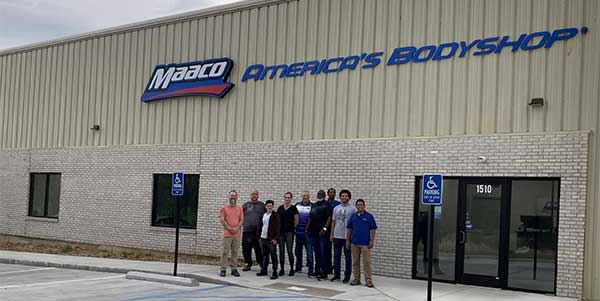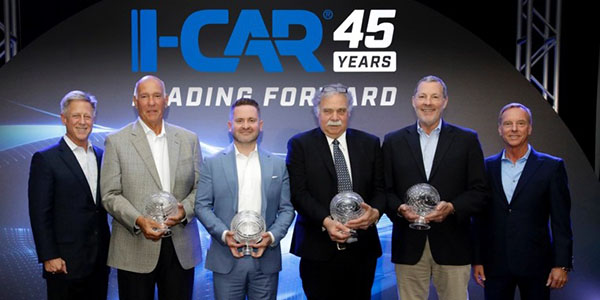
Intel isn’t wasting any time making the most of its latest acquisition.
On the heels of completing its bid for 84 percent of Mobileye’s stock, the semiconductor giant announced plans to build a fleet of SAE Level 4 autonomous vehicles for testing in the United States, Israel and Europe – this year.
Mobileye is an Israel-based developer of advanced driver-assist technology.
“Building cars and testing them in real-world conditions provides immediate feedback and will accelerate delivery of technologies and solutions for highly and fully autonomous vehicles,” said Amnon Shashua, soon-to-be senior vice president of Intel and future CEO/CTO of Mobileye. “Geographic diversity is very important, as different regions have very diverse driving styles as well as different road conditions and signage. Our goal is to develop autonomous-vehicle technology that can be deployed anywhere, which means we need to test and train the vehicles in varying locations.”
The project will mesh Mobileye’s “proprietary capabilities” in computer vision, sensing, fusion, mapping and driving policy “with Intel’s leading open-compute platforms and expertise in data center and 5G communication technologies to deliver a complete ‘car-to-cloud’ system,” Intel said.
The autonomous fleet will feature “multiple car brands and vehicle types to demonstrate the technology’s agnostic nature.”
“Delivering 100 test cars very quickly will demonstrate how this hybrid system can be adapted to meet customer needs,” Shashua said. “Neither company could do this alone. Given resident skill-sets within the two companies, a standalone fleet of test vehicles is possible almost immediately.”
The test fleet will enable Intel to showcase the new technology to current and prospective customers “in a real-world landscape, and also serve as a base to interact directly with regulators,” Intel said.
“This does not replace any customer activities; it is additive to them,” Shashua said. “Our customers will benefit from our ability to use this fleet to accelerate our technology development. We want to enable automakers to deliver driverless cars faster while reducing costs – data we collect will save our customers significant costs.”













